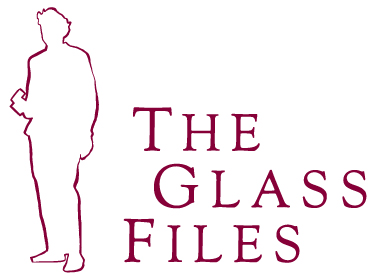
ITEM DETAILS
photograph
Protest against racism
Black lives matter
racially motivated unrest
One image defined the severity of the third night of violent protests in Minneapolis. The protesters seized the facilities and set fire to the building of the third police precinct, which belonged to the four officers who arrested the African-American George Floyd, 46. A video recorded how Floyd was handcuffed and immobilized on the ground, while one of the uniformed men, Derek Chauvin, kept his knee on the detainee's neck, shouting "I can't breathe." He died in the hospital.
Police violence against blacks is again in focus in a country suffering from the epidemic of racism, a deep scourge for the legacy of slavery. Despite calls for peace from city mayor Jacob Frey, who said he understood the rage and sadness of the African-American community, and the activation of the National Guard by Governor Tim Walz, for the first time in 34 years, the concentrations of this Thursday and early Friday morning still had a greater burden of anger. In the previous hours, federal and state justice officials assured that they will investigate thoroughly, although they clarified that "it is too early" to proceed to impose charges and make arrests.
But this is precisely what the protesters want, that justice be done. They don't understand double standards. In general, even from political sectors, it was insisted that any citizen, on whether he is black, would already be imprisoned if he had participated in an act like the one that preceded Floyd's death.
Police violence against blacks is again in focus in a country suffering from the epidemic of racism, a deep scourge for the legacy of slavery. Despite calls for peace from city mayor Jacob Frey, who said he understood the rage and sadness of the African-American community, and the activation of the National Guard by Governor Tim Walz, for the first time in 34 years, the concentrations of this Thursday and early Friday morning still had a greater burden of anger. In the previous hours, federal and state justice officials assured that they will investigate thoroughly, although they clarified that "it is too early" to proceed to impose charges and make arrests.
But this is precisely what the protesters want, that justice be done. They don't understand double standards. In general, even from political sectors, it was insisted that any citizen, on whether he is black, would already be imprisoned if he had participated in an act like the one that preceded Floyd's death.
Minneapolis, Minnesota 3rd police precinct
06-24-2020
Merlyn Rodriguez
https://www.lavanguardia.com/internacional/20200529/481441570005/cuartel-minneapolis-george-floyd-incendio-estados-unidos-policia-video-seo-lv.html
This item is shared by Merlyn Rodriguez
with
the Community and the World.
